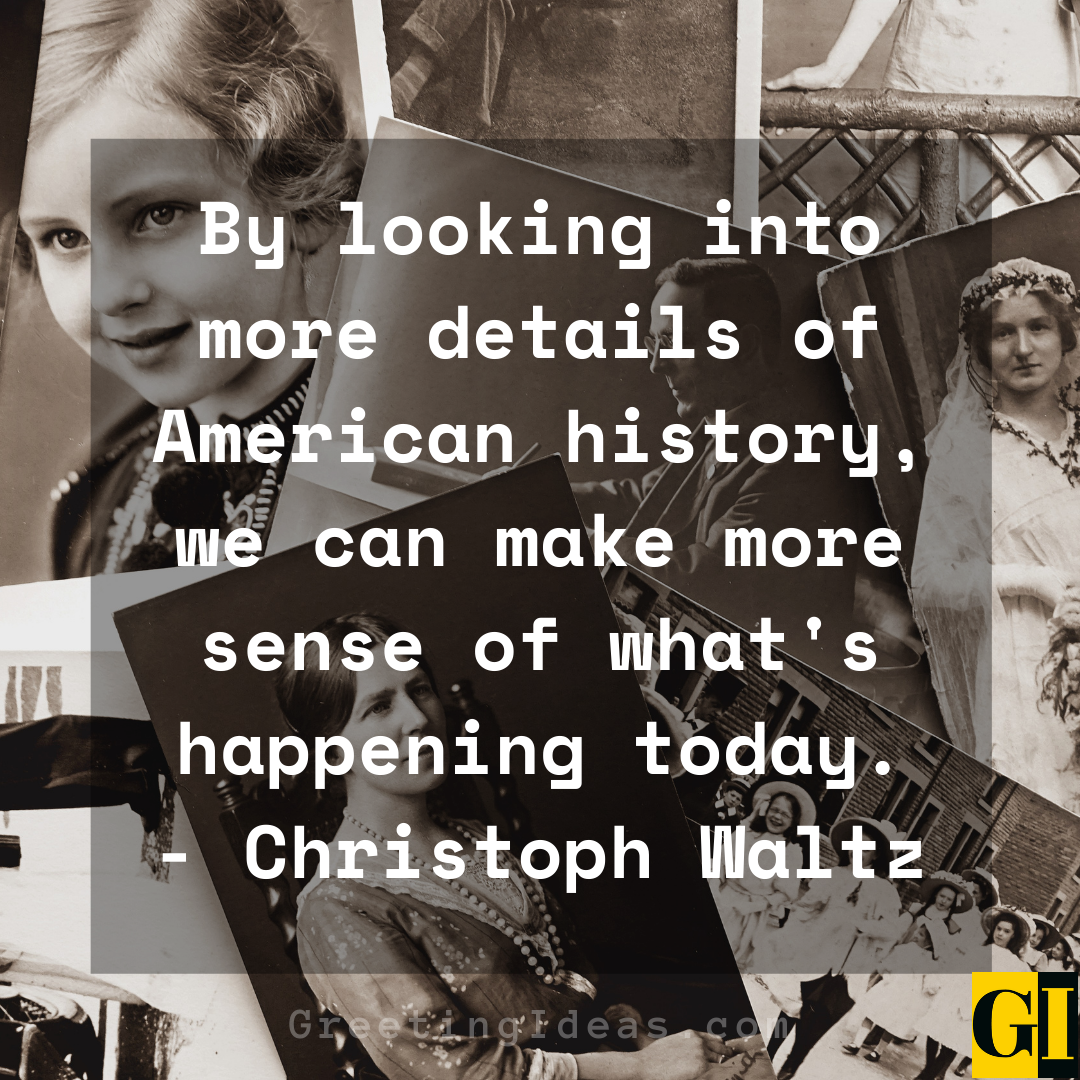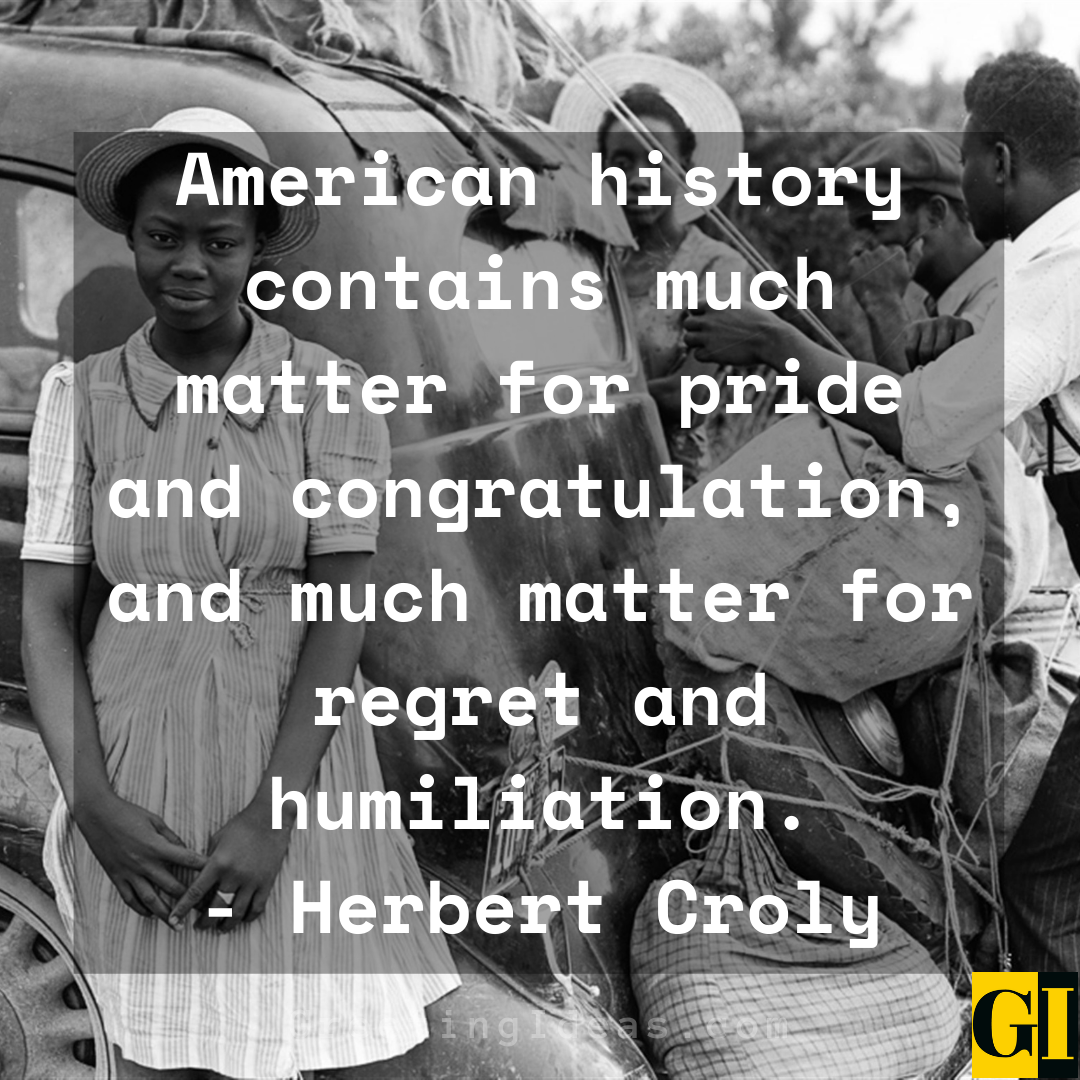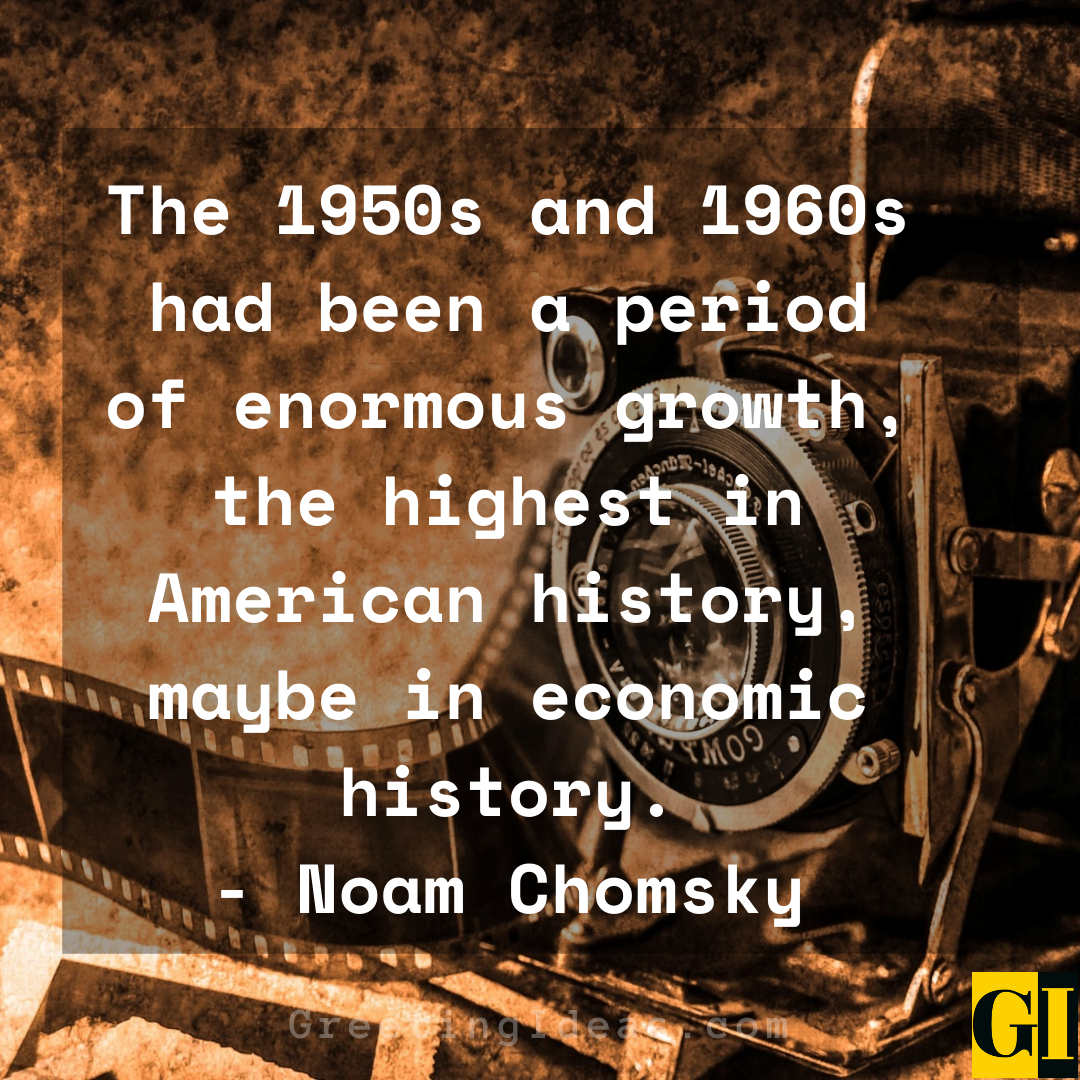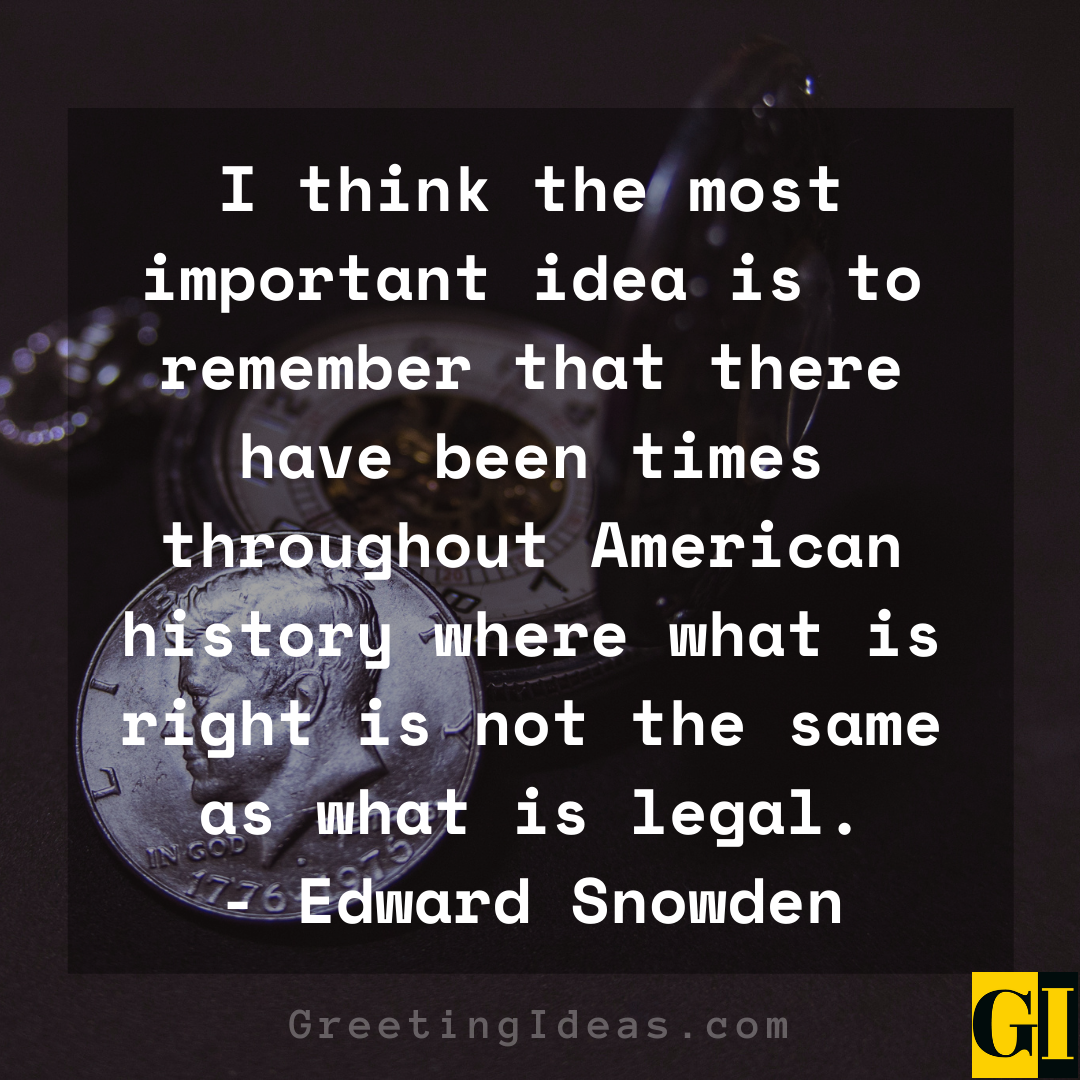FTC disclaimer. This post may contains affiliate links, and I will be compensated if you purchase through one of my links.
Explore powerful American history quotes that shaped a nation. Discover inspiring words from the founding fathers, civil rights leaders, and patriots who fought for freedom, equality, and democracy.
Why These Historical Quotes Matter Today
These quotes from brave patriots, visionary thinkers, and iconic figures show us the real struggles and dreams that built this nation.
Whether you want inspiration, learn more about history, or just feel connected to something bigger, these quotes speak to timeless values we all care about—courage, fairness, and never giving up.
Where It All Started—The Roots of a Nation
Long before America existed, indigenous peoples lived here for thousands of years with their own thriving cultures.
Then, European settlers arrived in the 16th century and created 13 colonies.
The people living in these colonies eventually got tired of British rule and wanted to be free.
The leaders and everyday patriots who stood up and said enough started a movement that would change everything.
They believed in self-rule and freedom—ideas that would form the foundation of a brand new country.
Breaking Free and Building Something New
In 1776, the American Revolution succeeded, and a new nation was born—one that promised liberty and equal rights for all. It was exciting and hopeful.
But here’s the hard truth: while the founders talked about freedom and equality, slavery and racism still existed everywhere.
Many people weren’t treated fairly based on the color of their skin.
This contradiction between what the country said it believed in and what it actually did troubled the nation for a long time.
It’s an important part of the story that we need to understand.
The Fight for Real Freedom and a Rising Power
The Civil War lasted four years and tore the nation apart.
It was fought over slavery, human rights, and what freedom really meant. When it finally ended, slavery was abolished throughout the country, at least in the eyes of the law.
This terrible war changed everything. From those difficult times, the nation grew stronger and became the world’s biggest economy and eventually a global leader.
Get Inspired by History’s Greatest Words
The wisdom from the leaders who lived through these tough times teaches us valuable lessons about fighting for what’s right, never losing hope, and always working toward a fairer world for everyone.
Their timeless messages about fighting for what’s right still matter today and can inspire anyone looking to understand our nation’s incredible journey.
Also Read: 75 Inspiring Abolitionist Quotes Sayings Against Slavery
American History Quotes on Freedom and Liberty
Understanding what freedom really means has shaped every important moment in this nation’s story.
The leaders and visionaries who fought for independence, equality, and human rights left us with powerful words about what it takes to be truly free.
These timeless messages remind us that freedom isn’t just about laws—it’s about believing in yourself and fighting for what’s right.
When we read what these great minds said about liberty, we understand the values that built our nation and still guide us today.

We hold these truths to be self-evident, that all men are created equal, that they are endowed by their Creator with certain unalienable Rights. — Thomas Jefferson
This quote from the Declaration of Independence captures the core belief that every person deserves basic human rights and dignity, no matter who they are.
Jefferson (1743–1826) was the principal author of the Declaration of Independence and served as the third president of the United States.
A founding father, he championed Enlightenment ideals and played a key role in shaping American democracy, though he held enslaved people throughout his life—a contradiction that defined early American history.
Liberty, when it begins to take root, is a plant of rapid growth. — George Washington
Washington reminds us that once people taste freedom, there’s no stopping the spread of liberty—it grows fast and changes everything.
Washington (1732–1799) led the Continental Army to victory in the Revolutionary War and became the first president of the United States.
Known as the Father of His Country, he set many important precedents for the presidency and is remembered as a steady, principled leader who valued unity.
The only thing necessary for the triumph of evil is for good men to do nothing. — Often attributed to Edmund Burke
This powerful message tells us that staying silent when we see injustice makes us part of the problem—we have to stand up for what’s right.
Burke (1729–1797) was an Irish-British statesman and philosopher known for his conservative political views.
Though he supported American independence, he also resisted radical social change, making him a complex figure in discussions about freedom and progress.
Give me liberty, or give me death! — Patrick Henry
Henry’s bold declaration became a rallying cry during the American Revolution, showing the fierce determination of colonists who would rather fight than live under oppressive rule.
Henry (1736–1799) was a Virginia orator and politician famous for his fiery speeches that inspired the Revolutionary cause.
He served as Governor of Virginia and was a strong advocate for individual rights and the Bill of Rights, earning him the title Trumpet of the American Revolution.
Those who deny freedom to others deserve it not for themselves. — Abraham Lincoln
Lincoln argues that you can’t claim to believe in freedom while denying it to others—true liberty means believing everyone deserves the same rights.
Lincoln (1809–1865) led the nation through the Civil War and issued the Emancipation Proclamation, freeing enslaved people.
He’s remembered as one of America’s greatest presidents for preserving the Union and ending slavery, though he was assassinated just days after the war ended.
The price of freedom is eternal vigilance. — Thomas Jefferson
This quote warns that keeping our freedoms safe requires constant attention and action—we can’t ever take liberty for granted or let it slip away.
Jefferson believed that an educated, active citizenry was essential to protect democratic freedoms and prevent tyranny from taking root.
All men are created equal. — From the Declaration of Independence
These four simple words express the revolutionary idea that no one is born better than anyone else, and everyone deserves the same basic respect.
Drafted primarily by Thomas Jefferson in 1776, the Declaration was signed by 56 delegates from the thirteen colonies.
It became the foundational statement of American values, though the promise of equality took centuries to begin to fulfill.
A free people ought not only to be armed and disciplined, but they should have sufficient arms and ammunition to maintain a status of independence from any who might attempt to abuse them, which is a safe, reasonable, and important provision. — George Mason
Mason stressed that citizens need the means to protect themselves and their freedoms—a principle that sparked ongoing debates about rights and responsibilities.
Mason (1725–1792) was a Virginia statesman who refused to sign the Constitution because it lacked a Bill of Rights.
He wrote the Virginia Declaration of Rights, which deeply influenced the Bill of Rights and shaped American concepts of individual liberty.
Also Read: 85 Historic Civil Rights Quotes To Fight For Equality
Famous American History Quotes About Courage and Leadership
Great leaders inspire us through their words, showing what real courage looks like when facing impossible odds.
These quotes capture the spirit of people who made tough choices, stood firm in their beliefs, and refused to back down even when the path ahead looked dark.
Their wisdom helps us understand what it takes to lead with integrity and face challenges head-on.
When we study these powerful statements from history’s boldest figures, we learn lessons about bravery, determination, and the strength of conviction that still matter in our lives today.

Courage is resistance to fear, mastery of fear—not absence of fear. — Mark Twain
Twain explains that being brave doesn’t mean you’re not scared; it means you do what’s right even when you’re terrified.
Twain (1835–1910) was an American writer and humorist from Missouri, famous for novels like The Adventures of Tom Sawyer and The Adventures of Huckleberry Finn.
His sharp wit and social commentary made him one of America’s most beloved literary figures, and he often spoke out against injustice.
In the middle of difficulty lies opportunity. — Albert Einstein
Einstein’s words remind us that tough times are actually chances to grow, learn, and create something better—if we look for the opportunity hidden inside the challenge.
Einstein (1879–1955), while primarily known for physics, spent his later years in Princeton, New Jersey, and became an American icon.
He spoke out for civil rights, peace, and scientific integrity, using his fame to influence important social causes.
The future belongs to those who believe in the beauty of their dreams. — Eleanor Roosevelt
Roosevelt tells us that having vision and faith in what’s possible—even when others doubt—is what shapes the future and creates real change.
Roosevelt (1884–1962) was the wife of President Franklin D. Roosevelt and served as First Lady during the Great Depression and World War II.
She became a powerful advocate for human rights, civil rights, and women’s equality, transforming the role of First Lady into an active political position.
I have not failed. I’ve just found 10,000 ways that won’t work. — Thomas Edison
Edison’s perspective flips failure on its head—every mistake is actually progress because you’ve learned what doesn’t work and you’re getting closer to what does.
Edison (1847–1931) was an inventor and entrepreneur from Ohio who created the practical incandescent light bulb and numerous other innovations.
His tireless experimentation and resilience became symbols of American ingenuity and determination to solve problems.
The only person who never makes a mistake is the person who never tries anything new. — Theodore Roosevelt
Teddy Roosevelt argues that playing it safe means never achieving anything worthwhile—real progress requires taking risks and accepting that failure is part of the journey.
Roosevelt (1858–1919) was the 26th U.S. president, known for his energetic personality, conservation efforts, and progressive reforms.
A prolific writer and adventurer, he embodied the strenuous life and remains one of America’s most dynamic and influential presidents.
Success is not final, failure is not fatal. — Winston Churchill (often cited in American context)
Churchill reminds us that nothing is permanent—you can learn from failure and bounce back stronger, and success shouldn’t make you complacent.
Churchill (1874–1965) was the British Prime Minister during World War II and formed a strong alliance with American leaders like President Franklin D. Roosevelt.
His speeches and wisdom have profoundly influenced American thought about leadership, determination, and facing evil.
The only way to do great work is to love what you do. — Steve Jobs
Jobs captured the essence of American entrepreneurship and innovation—when you’re passionate about your work, you naturally push yourself to excellence.
Jobs (1955–2011) co-founded Apple and revolutionized multiple industries—personal computing, animated movies, music, phones, and tablets.
His vision, design philosophy, and belief in the intersection of technology and the humanities made him an icon of modern American innovation and ambition.
Don’t watch the clock; do what it does. Keep going. — Sam Levenson
This simple advice tells us to stay focused on moving forward and accomplishing our goals rather than worrying about how much time is passing.
Levenson (1911–1980) was an American humorist, author, teacher, and television personality known for his warm, wise observations about life and family.
His gentle humor and practical wisdom made him a beloved figure in mid-20th-century American culture.
Also Read: 55 Famous Liberty Quotes Sayings For Individual Freedom
Short Quotes About Civil Rights and African American Pioneers
The fight for equality, justice, and human dignity shaped modern American values in profound ways.
Brave voices from the Civil Rights Movement and generations of African American leaders challenged injustice, inspired millions, and transformed the nation.
Their words cut through fear and hatred with truth and hope, demanding that America live up to its founding ideals.
These timeless messages remind us why standing up for what’s right matters—and how one person’s courage can spark a movement that changes everything.
Their legacy teaches us that progress comes from speaking up, never backing down, and believing that change is possible.

I have a dream that one day this nation will rise up and live out the true meaning of its creed. — Martin Luther King Jr.
King’s famous dream wasn’t just about ending segregation—it was about making America finally practice what it preached about equality and justice.
King (1929–1968) was a Baptist minister and the most visible leader of the Civil Rights Movement from 1954 until his assassination.
His nonviolent approach, eloquent speeches, and unwavering commitment to justice transformed American society and won the Nobel Peace Prize.
If you are neutral in situations of injustice, you have chosen the side of the oppressor. — Often attributed to Desmond Tutu
This quote challenges us to recognize that doing nothing when people are being hurt makes us complicit in that harm—staying silent isn’t neutral.
This idea became a cornerstone of Civil Rights philosophy, echoed by activists and leaders who believed that ordinary people had a moral obligation to speak and act against injustice wherever they saw it.
I am not afraid of the pen, or the scaffold, or the sword. I will tell the truth, and let them do their worst. — Ida B. Wells
Ida B. Wells refused to be silenced by threats and violence, dedicating her life to exposing the truth about lynching and racial terror in the American South.
Wells (1862–1931) was an African American investigative journalist, educator, and civil rights activist who courageously documented and exposed racial violence.
Her fearless journalism and organizing laid the groundwork for the Civil Rights Movement and modern activism.
The arc of the moral universe is long, but it bends toward justice. — Martin Luther King Jr. (adapted from Theodore Parker)
King used these words to inspire hope during the Civil Rights struggle, suggesting that justice might take time but ultimately prevails over oppression.
King drew on this principle to keep supporters motivated during the long, difficult fight against segregation and racial discrimination.
You can’t separate peace from freedom because no one can be at peace unless he has his freedom. — Malcolm X
Malcolm X connected two fundamental human needs—peace and freedom—arguing that you can’t have one without the other.
Malcolm X (1925–1965) was a minister, civil rights activist, and spokesperson for the Nation of Islam who advocated for Black pride, self-defense, and self-determination.
His powerful voice challenged racism and inspired African Americans to demand respect and equality.
Injustice anywhere is a threat to justice everywhere. — Martin Luther King Jr.
King’s powerful statement reminds us that when injustice happens to any group, it weakens justice for everyone—we’re all connected.
This principle guided King’s work not just for African Americans but for all oppressed people, making him a symbol of universal human rights.
I refuse to accept the view that mankind is so tragically bound to the starless midnight of racism. — Martin Luther King Jr.
King rejected the idea that racism was inevitable or permanent—he believed humanity could overcome this evil through faith, action, and persistent effort.
King’s optimism about human nature and moral progress became the emotional and spiritual foundation of the Civil Rights Movement.
Do the best you can until you know better. Then when you know better, do better. — Maya Angelou
Angelou’s wisdom encourages us to keep growing, learning, and improving—and to give others the grace to do the same as they learn and change.
Angelou (1928–2014) was an American poet, memoirist, and civil rights activist who overcame tremendous personal challenges to become one of America’s most influential voices.
Her autobiography I Know Why the Caged Bird Sings became a classic of American literature.
Also Read: 100 Inspiring Resilience Quotes For Mental Strength
Powerful Words from Statesmen and Founding Figures of the Nation
The voices of America’s founders, presidents, and visionary leaders shaped the nation’s core values and guided the country through its most challenging moments.
These figures grappled with the big questions about power, responsibility, and what a free society should look like.
Their words reveal both their greatest ideals and sometimes their deepest contradictions—they strived to build something never attempted before.
By studying their statements, we understand the principles that still guide American democracy, the compromises they made, and the work still left unfinished.
Their legacies continue to inspire debates about who we are and who we want to be as a nation.

The only thing we have to fear is fear itself. — Franklin D. Roosevelt
FDR spoke these words during the Great Depression when Americans felt hopeless and afraid—he urged people to find courage within themselves and face challenges with strength.
Franklin D. Roosevelt (1882–1945) served as the 32nd president during the Great Depression and World War II.
Despite being paralyzed from the waist down, he led the nation with confidence, creating the New Deal programs and guiding America through two major crises.
Government of the people, by the people, for the people, shall not perish from the earth. — Abraham Lincoln
Lincoln’s Gettysburg Address defines democracy in simple terms—a system where power rests with ordinary citizens who deserve leaders who serve their interests.
Lincoln’s leadership during the Civil War preserved the Union and ended slavery, cementing his place as one of America’s greatest presidents despite his tragic assassination.
A nation that destroys its soils destroys itself. — Franklin D. Roosevelt
FDR understood that protecting nature and natural resources isn’t just nice to have—it’s essential to a nation’s survival and future prosperity.
Roosevelt was an early champion of environmental conservation, creating national parks and forests and establishing programs to protect America’s natural heritage.
The Constitution only gives people the right to pursue happiness. You have to catch it yourself. — Benjamin Franklin
Franklin points out that the government can guarantee opportunities and freedoms, but actually achieving happiness takes personal effort, choices, and hard work.
Franklin (1706–1790) was a polymath—inventor, writer, diplomat, and Founding Father who helped draft the Declaration of Independence and the Constitution.
His wisdom, humor, and practical approach to problem-solving made him beloved in his time and beyond.
Ask not what your country can do for you; ask what you can do for your country. — John F. Kennedy
Kennedy challenged Americans to think beyond self-interest and consider how they could contribute to the common good—shifting focus from what they could get to what they could give.
Kennedy (1917–1963) was the 35th president, known for his youth, charisma, and idealism.
He faced the Cuban Missile Crisis, started the Peace Corps, and inspired a generation before his assassination in Dallas, Texas.
In this world nothing can be said to be certain, except death and taxes. — Benjamin Franklin
Franklin’s humor reminds us that life has universal constants—loss, change, and financial obligations—that everyone must face regardless of status or wealth.
Franklin’s witty observations about human nature and practical wisdom have made his quotes some of the most quoted and loved from America’s founding era.
The happiness of society is the end of government. — James Madison
Madison, the architect of the U.S. Constitution, argued that the whole purpose of government is to create the conditions where ordinary people can flourish and be happy.
James Madison (1751–1836) was the fourth president and is often called the Father of the Constitution for his central role in designing America’s governmental structure.
His writings and debates shaped the framework of American democracy.
Nothing is ever achieved without enthusiasm. — Ralph Waldo Emerson
Emerson, a key voice of American philosophy and culture, insisted that real accomplishment requires passion, energy, and genuine belief in what you’re doing.
Ralph WaldoEmerson (1803–1882) was a writer, philosopher, and leading figure of the Transcendentalist movement.
His essays on self-reliance, nature, and individualism profoundly influenced American thought and continue to inspire people seeking meaning and authenticity.
Also Read: 45 Best Freedom from Oppression Quotes, Sayings, Phrases
Why These Words Still Echo Today
Think about it—the leaders, dreamers, and freedom fighters we’ve explored left behind more than just history books.
They left us a roadmap written in powerful words. Every American history quotes collection like this one reminds us that their struggles and victories aren’t dusty relics locked away in the past.
They’re living, breathing lessons about who we are and who we want to become.
When you read what these brave souls believed in—liberty, justice, courage, and hope—you realize we’re part of the same story they started.
Their wisdom didn’t end when they passed away.
It’s passed down to us, waiting to inspire the next generation to stand up for what matters, dream bigger, and build something meaningful.
These aren’t just words—they’re invitations to join the journey.
Questions People Ask About American History
What are the most famous American history quotes?
The most iconic quotes come from the founding fathers, like,
Thomas Jefferson (“All men are created equal”),
Abraham Lincoln (“Government of the people, by the people”).
Civil rights leaders like Martin Luther King Jr. (“I have a dream”)
George Washington and Malcolm X also gave us unforgettable words about freedom, justice, and equality.
These powerful statements continue inspiring millions because they capture the nation’s core values and struggles throughout its journey toward forming a more perfect union.
Why do historical statements still matter in today’s world?
Founding principles expressed in timeless quotations teach valuable lessons about courage, leadership, and standing up for what’s right.
Whether facing personal challenges or social issues, the wisdom shared by patriots, activists, and statesmen provides guidance and inspiration.
Their words remind us of our shared values—liberty, justice, and human dignity.
Quotes from these visionary thinkers help us understand our past, navigate present difficulties, and build a better future grounded in proven principles of freedom and equality.
Also Read: 30 You Are Worthy Quotes and Sayings For Self Dignity
Which civil rights leaders gave the most impactful speeches?
Martin Luther King Jr., Malcolm X, Rosa Parks, and Ida B. Wells left us with powerful words that changed America.
King’s “I have a dream” speech became the defining moment of the Civil Rights Movement, while Malcolm X challenged injustice with bold rhetoric.
Rosa Parks’s quiet courage and Ida B. Wells’s fearless journalism exposed racism and inspired generations.
American history quotes from these pioneers continue empowering people to fight discrimination, demand equality, and believe that change is possible even against impossible odds.
How can I use these quotes for inspiration or education?
Historical quotations work wonderfully for speeches, essays, social media posts, and personal motivation.
Students use them for research projects and understanding key historical moments. Teachers incorporate them into lessons about civics, history, and ethics.
You can also reflect on quotes that resonate with your values and share them with others.
Whether seeking inspiration for challenges ahead or trying to grasp important moments from our past, these powerful statements from brave leaders offer wisdom, perspective, and hope that remain relevant across generations.
